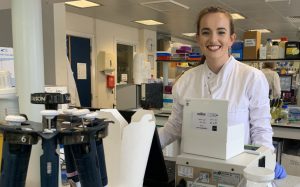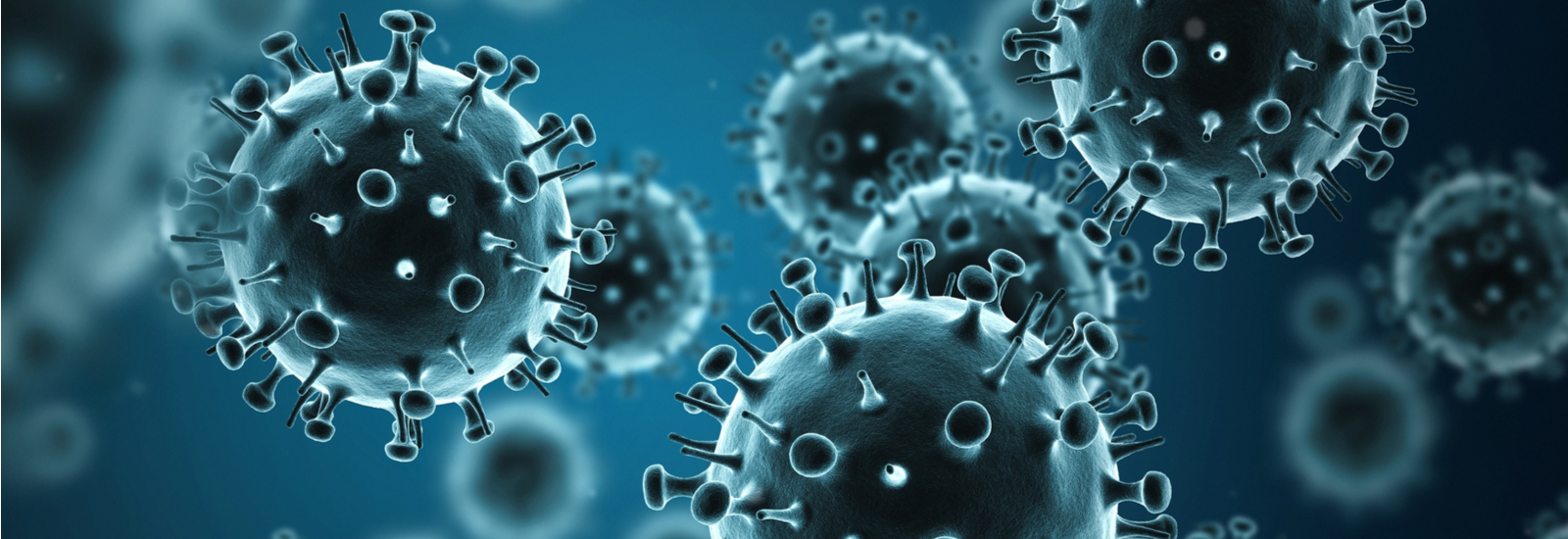At the beginning of June the University launched its latest fundraising and volunteering campaign to improve the effectiveness of COVID-19 home testing. We would like to thank everyone who has supported this campaign so far, and to update you on the next phase of the project.
Since we launched the campaign we have been overwhelmed by the generosity of those of you who have stepped up to support this vital work. Thanks to your incredible support we now have enough volunteers to begin the first participatory element of the project – the online survey.
Each phase of the project is dependent on securing enough funding to enable its delivery. With your continued support, we will be able to progress to the next phase which will develop a toolkit of simple instructions for home tests. We would like to thank everyone who has already donated to this campaign so far, but there is still so much more that we need to do.
Make a gift today.
Donations that make a difference
CONNECTED spoke to Gemma Little, a PhD student at Reading whose work on this project has only been made possible by your generous support. Gemma tells us how vital these funds have been, and about her involvement in the project.

Gemma started at Reading as an undergraduate, studying Biomedical Science, and with her interest in research ignited during her third-year dissertation she stayed on as a research technician, before beginning her PhD.
She said: “My PhD research is on platelets, which are the cells that make your blood clot. When you cut yourself platelets interact with collagen to stop the bleed. HSP47, a protein within platelets, regulates this interaction – however we are not sure how this works. My research aims to improve our understanding of this interaction, resulting in better regulation of platelets and platelet therapies. If platelets activate incorrectly you can end up with blood clots which lead to heart attacks and strokes, so platelet research is very important for preventing cardiovascular disease – one of the biggest killers in the world.
“My PhD research is currently on pause due to COVID-19 as I do not have access to the labs to complete my experiments.
“But I am extremely grateful to have been given a new direction in my studies through working with Dr Edwards and an opportunity to focus my expertise on the current pandemic.”
Gemma’s main role in the research project is to write, create and run the survey, which aims to find out more about people’s experiences of using home tests. She tells CONNECTED that she’s really enjoying the challenge of working on something new.
She said: “Working on this survey is completely different to anything I’ve ever done before and I’m relishing this new challenge. It’s also interesting to be working with colleagues from the Department of Typography on this survey, to ensure the wording is right.
“The survey is intended to capture people’s experiences and views of using home testing kits for a variety of medical needs. Being able to conduct home tests is crucial at the moment due to the need to reduce face-to-face contact. However, it’s important to understand how the public feel about this – whether they prefer to take tests with the assistance of a medical professional, whether they’ll be able to conduct the test correctly by themselves, and whether they will understand what the results mean and what the implications of the results are on their health.
“Once the survey results have been collected, they will be used to inform the development of instructions for home testing. The team will also use these results to understand what testing methods work well in a home environment, and how people feel about testing procedures.”
As part of the research project, Gemma also helped complete our initial study using 3D printed models, combined with video calls, to observe common difficulties that people face when they use home testing kits. This research has enabled the team to pin down exactly why people make mistakes, enabling them to redesign instructions and devices to increase the accuracy of results.
Gemma is enormously grateful for the donations to the project which have enabled her to work on this research.
She said: “It’s been wonderful to do something proactive during this pandemic that will make a difference against the virus. Antibody tests are a crucial element to fighting COVID-19 – the fact that the government committed to buying thousands of tests that turned out to be unreliable, and then shops were banned from selling antibody tests due to safety concerns, has proven even further why our research into the safety and reliability of antibody tests is so fundamental.
“Without this funding I wouldn’t be involved. I’m really grateful to be making a difference, and to be given the opportunity to branch out of my usual academic research and acquire other skills, all while doing such valuable work.
“But the project still needs more funding to get to the next phase. Working closely with our information design researchers, Professor Sue Walker and Dr Josefina Bravo, our next step is to build on the survey findings, as well as our study observing people using home tests, to develop a toolkit of simpler instructions for home testing. These instructions will be designed to ensure accuracy and help anyone using such tests to feel confident doing so. Your donation can help us achieve this.
“We would be incredibly grateful if you are able to continue to support our research by making a donation, and help move us all a step closer to loosening COVID-19’s grip on our lives and livelihoods.”
You can find out more or make a gift to this research project, through the IMAGINE campaign.







